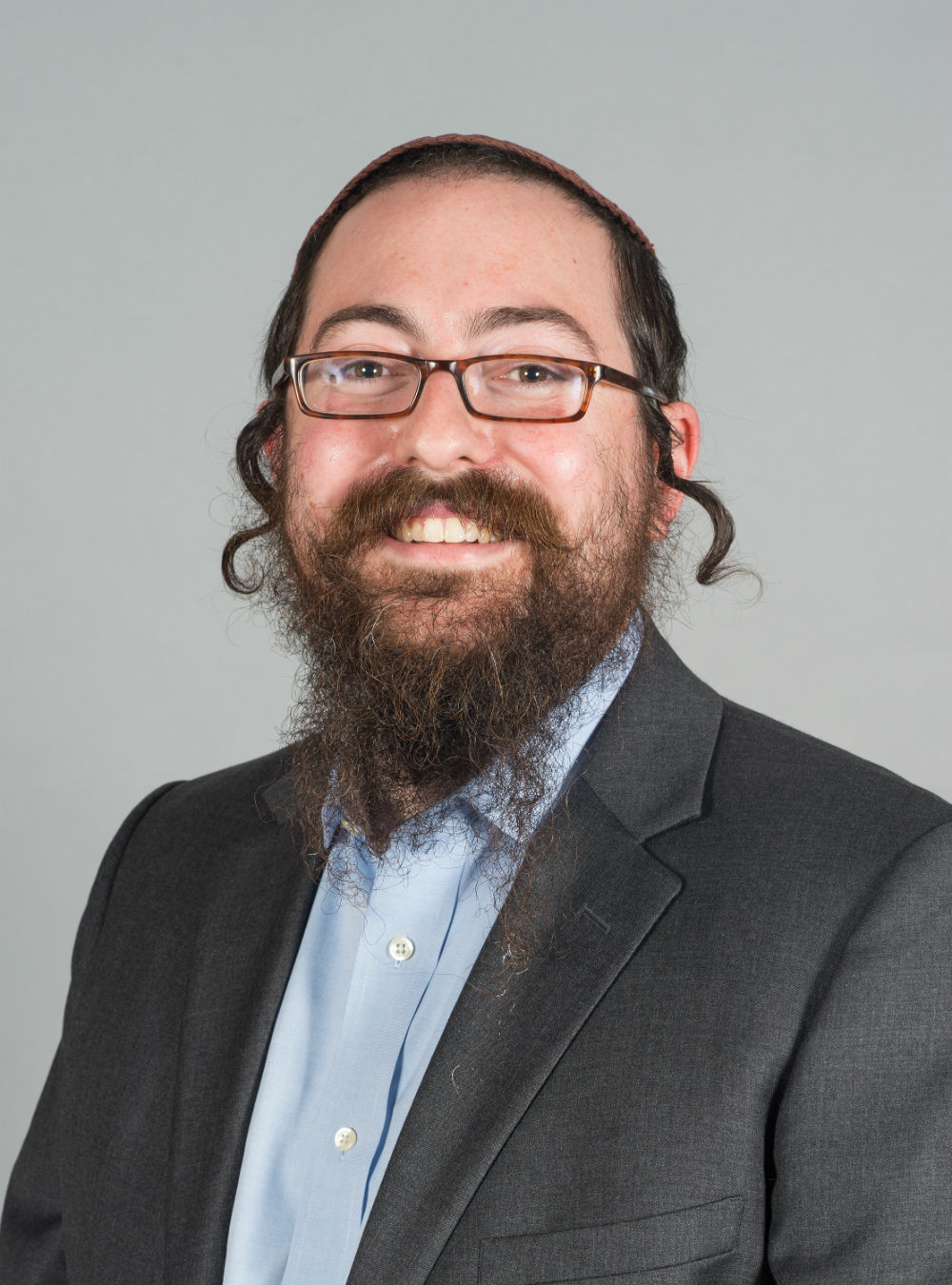A group of people, fighting for a cause. It seems powerful, it seems romantic, it seems like the way to build a movement and achieve progress. But what distinguishes a movement from a mob?
Five weeks ago, we stood together in shul and listened to the parshah’s recounting of the Torah’s climactic moment: the receiving of the Ten Commandments at Mt. Sinai. We read the account of how the Israelites’ senses were overpowered in the presence of the thunderous voice of God. We learned, according to Rashi, that at the foot of the mountain our ancestors stood “k’ish echad b’lev echad,” as one person, with one heart – united in experiencing the glory of God.
In this week’s parshah, the Israelites fall from that holiest of moments to their lowest since the exodus from Egypt. Moshe is still on Mt. Sinai, receiving the Torah in its entirety directly from God. Down below, the people are restless and scared. It’s been more than 40 days and 40 nights. Maybe our leader isn’t coming back at all. What should we do?
This nascent nation of newly freed slaves has never been without a leader. They went straight from the Egyptians’ whip to God’s protective cloud. Now, for the first time, they are left to their own devices, and for lack of a better term, they freak out.
A mob is formed from within the people, and they convince Aaron to help them create a new leader in place of Moshe, a new god in place of God. The Israelites collect their gold jewelry, and Aaron helps them melt it into a molten calf. Giving the people their idol, Aaron says “eleh elokecha Yisrael,” “these are your gods, Israel,” and then, absurdly, “who brought you out of Egypt.” Why the plural language here? There was, after all, only the one golden calf!
I suggest that the plural language indicates how each person in the mob created this golden idol in the image of what they wanted a leader to do for them. Each one projected their desire for individual salvation onto a hollow effigy, with no consideration for the impact of their actions on the nation as a whole. Their lump of gold may have been shiny, but it sure as heck didn’t take them out of Egypt, and it wouldn’t save them now.
When Moshe descends the mountain and sees the depth to which the people have sunk, he shatters the tablets on which God has directly carved the Commandments. He immediately, and violently, eradicates the idol along with 3,000 members of the mob that created it. He seeks to restore justice and order in the camp. Moshe interrogates Aaron, who shrugs off responsibility. “You know the people, that they are disposed toward evil,” he says (32:22). ”They gave me the gold, I threw it into the fire and out came this calf.” (32:24) Aaron, playing the role of entrenched power-broker, chose to be a bystander to the mob. Instead of fulfilling his responsibilities and standing up in the face of chaos, he chose to maintain temporary order and his own leadership status by surrendering to the mob. He enabled them to become “disgraced before their adversaries.” (32:25)
Moshe then leaves the camp once again, this time to plead with God not to destroy the people for their sins. Finally, God tells Moshe to stand in the cleft of a mountain, passes over him, and partially “reveals” God’s self to him, proclaiming (34:6-7):
“Lord, Lord, benevolent God, Who is compassionate and gracious, slow to anger and abundant in loving kindness and truth, preserving loving kindness for thousands, forgiving iniquity and rebellion and transgression.”
These 13 Attributes of God’s Mercy are central to our prayers for forgiveness on Yom Kippur. God is telling Moshe that the way to channel godliness in leadership is through mercy. If there was only strict justice without mercy, the Rabbis teach, no one would survive.
Our parshah highlights for us the differences between a mob and a movement, with much for us to learn as Jewish leaders and activists. To begin with, a mob acts with a slave mentality, following an idol onto whom they project their own ego; while a movement imbues individuals with the power to act (e.g., Yitro with the judicial system, the civil laws of Mishpatim, and the mitzvot themselves, each speaking to the people as moral individuals). Members of a mob act in their own self-interests, often at the expense of those outside the group; a movement pursues aims that truly benefit the collective, acting for the common good. A mob sees issues in black and white; a movement fights for justice while practicing mercy for all, responding to the complex needs of humanity.
A mob can give a demagogue power, but a movement empowers all of us. May we continue to find this power, and act on it with justice and mercy.
Rabbi Yaakov Komisar is Co-Director of Beit Midrash and Orthodox Rabbinic Advisor at Gann Academy in Waltham, MA. He studied for rabbinic ordination under Rabbis Adin Steinsaltz and Menachem Froman at Yeshivat Hesder Tekoa, while serving in the IDF’s artillery unit. Previously managing editor of Rabbi Steinsaltz’s Koren translation of the Talmud Bavli, Rabbi Komisar lives with his wife (without whom none of his thoughts would make it to paper) and children in Sharon, MA.

